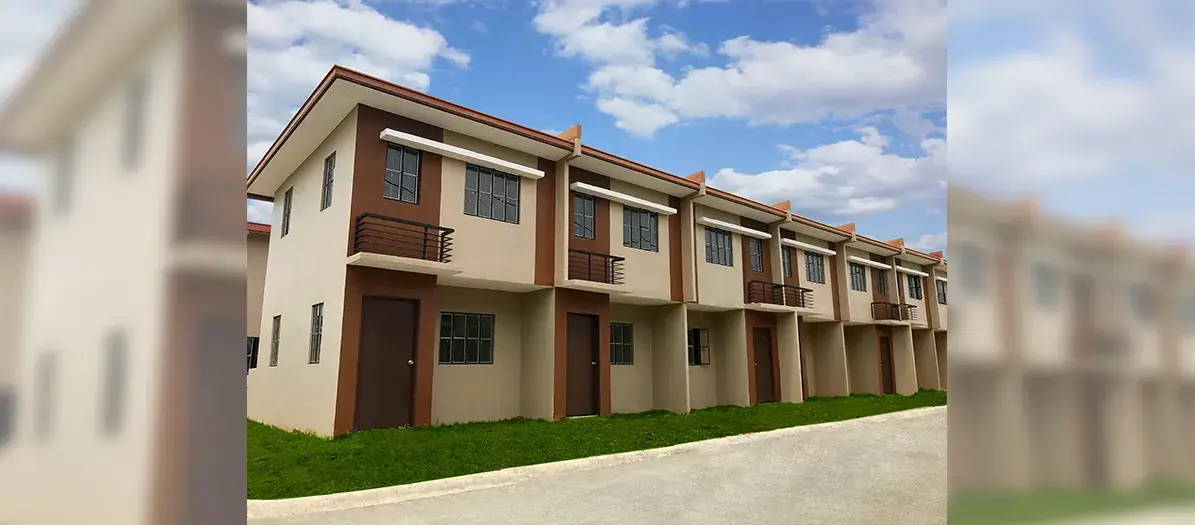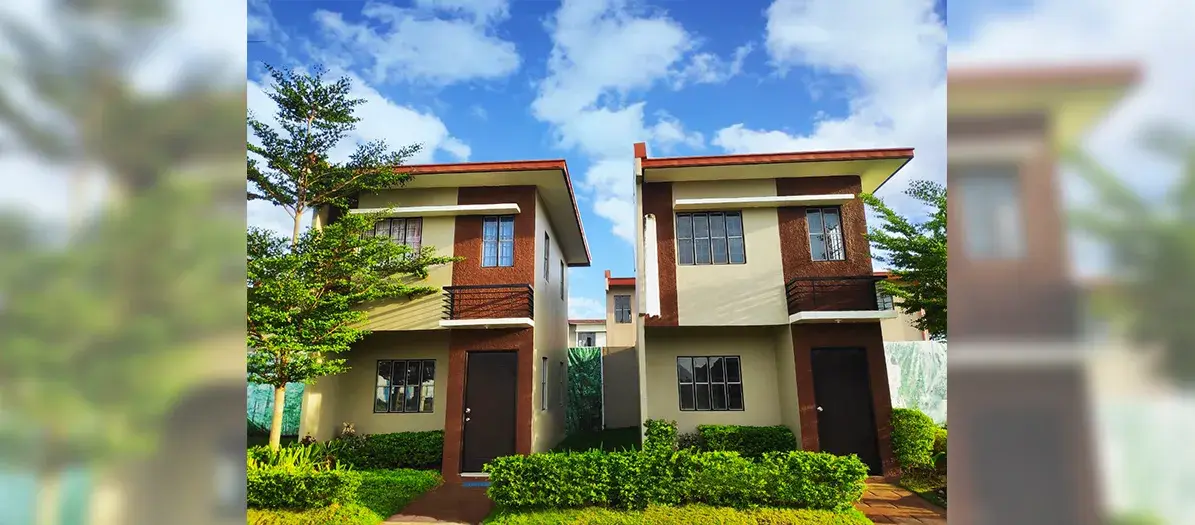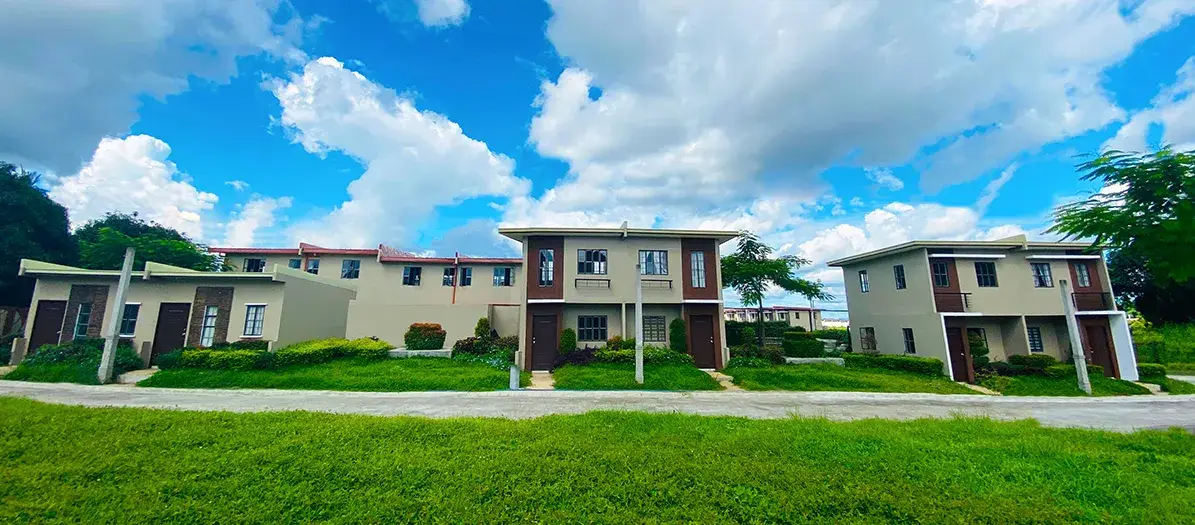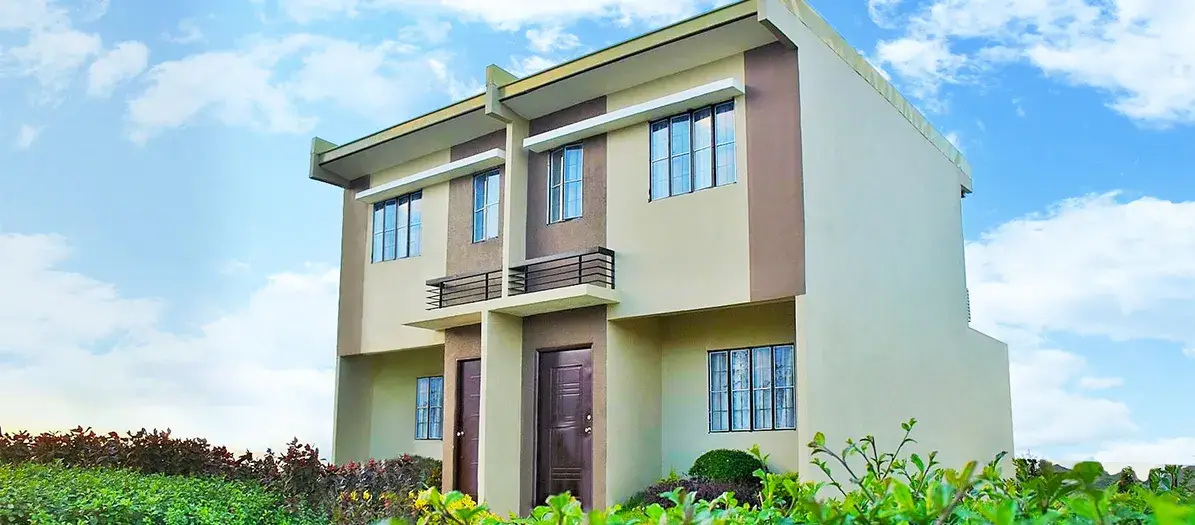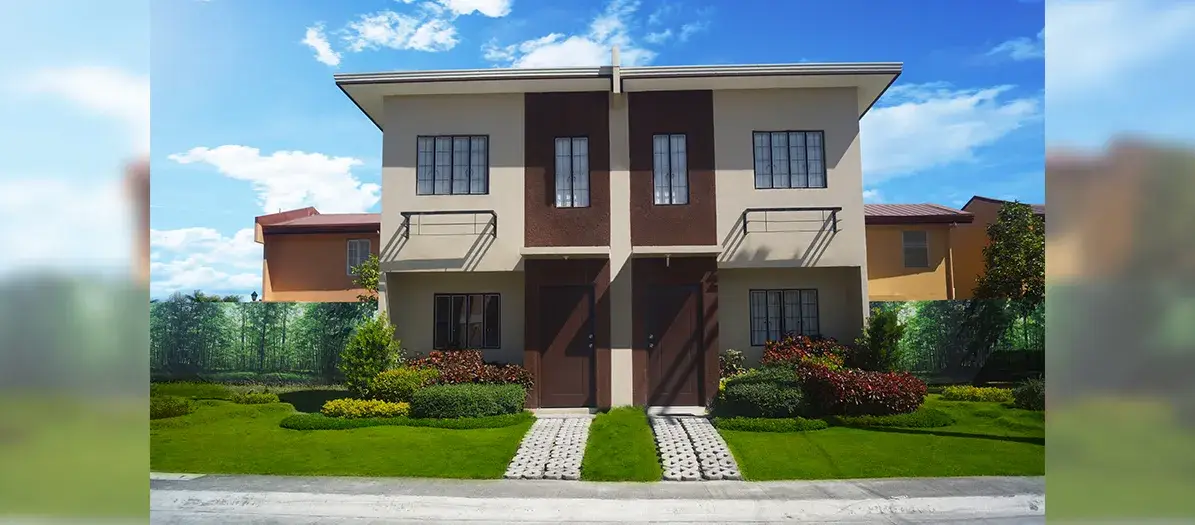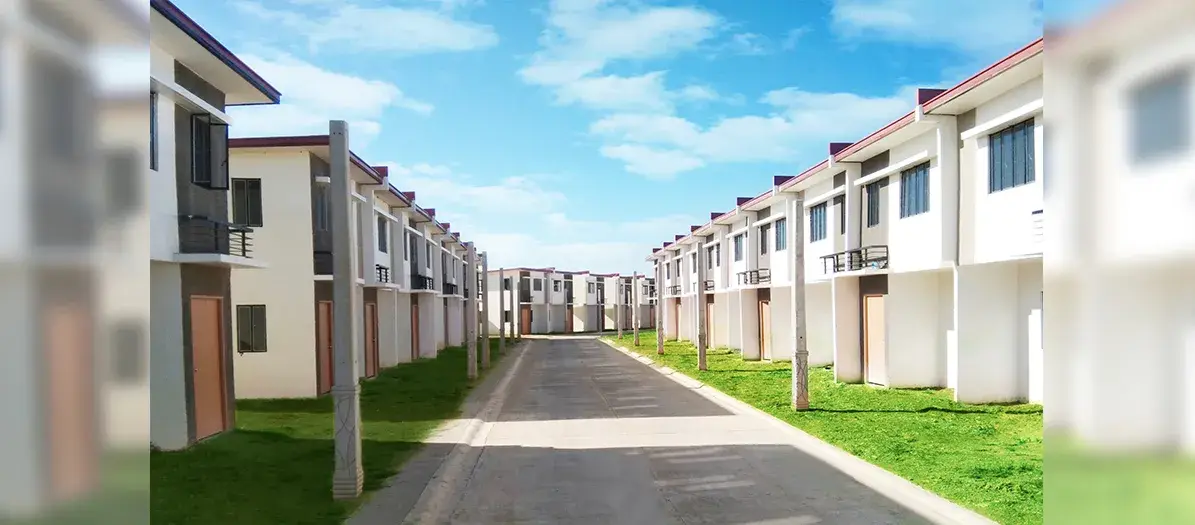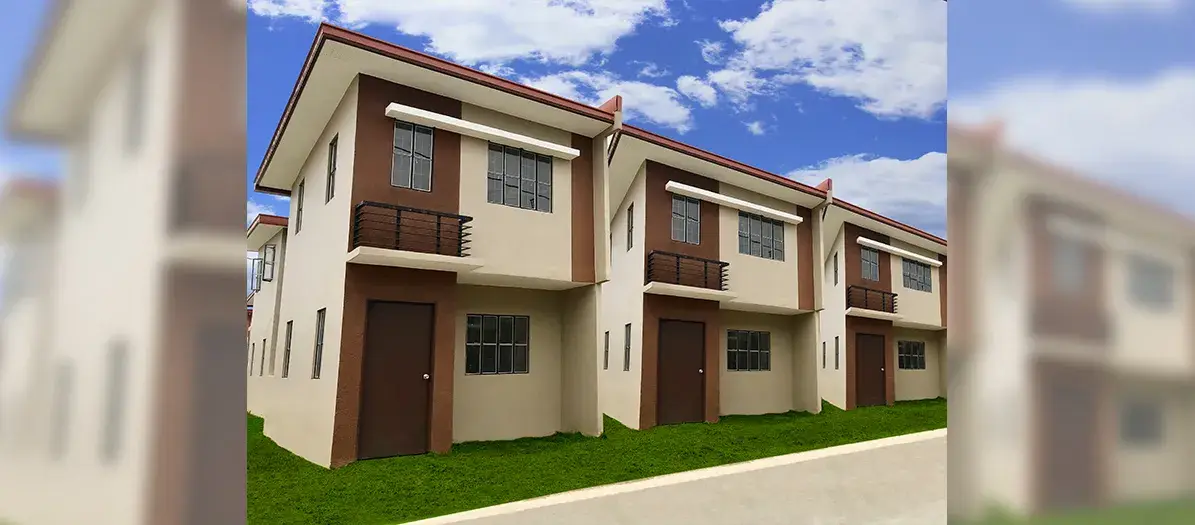New Home Saving Tips and Hacks
22 December 2022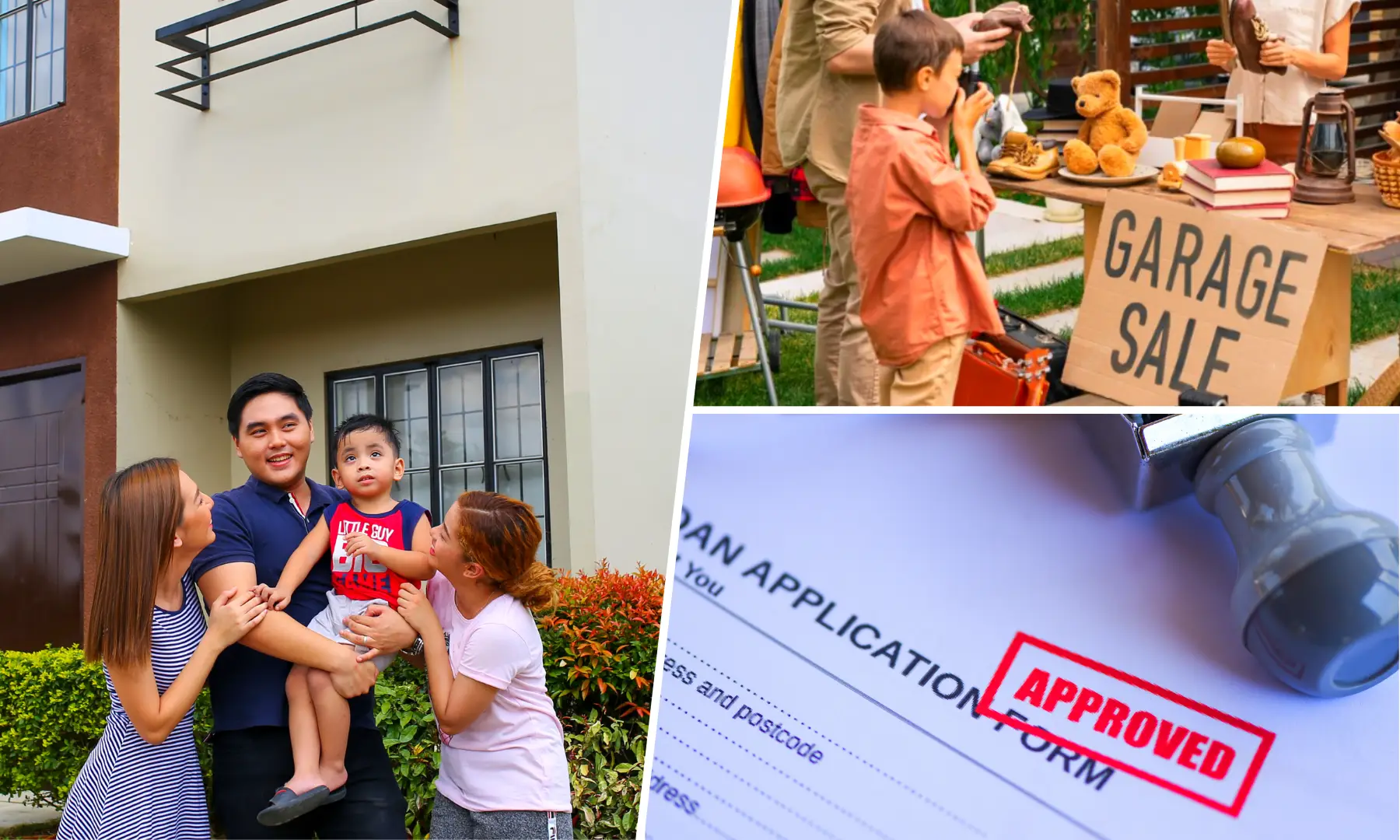
When you become a new homeowner, there lie big responsibilities in home maintenance while taking care of your family. A homeowner may experience both excitement and stress when moving to a new property. The experience of owning a house and lot can be one of the most rewarding. Indeed, it is exciting to move into a new home, but it is also challenging to adjust to the new surroundings, unpack your things, and all while managing your finances.
You can get into a lot of debt when you move into a new house, especially if you have to rent every month. It is common for landlords at these real estate properties to seek advance payments so that you can get settled in. Your finances can suffer from spending money on moving, buying a home, and other expenses. It is for this primary reason that you should be saving money.
Finding a credible housing developer like Lumina Homes plays an integral role in helping you achieve your goal of owning a well-designed dream house and lot as an investment. You're not just saving tons of money but you're securing a healthy living environment through premium communities. Hence, if you're currently moving into your new home, we rounded up 10 of the best money-saving tips you can do to achieve your financing goals and purchase an affordable house and lot for sale.
10 Surefire Money-Saving Tips You Can Follow to Start Saving Money
1. Open a garage sale or sell items online.
In packing your belongings before moving into a new home, you might discover some items that you once used but now lie unused in the basement. Selling the items you will no longer need can make you money when you move in.
There are many benefits to selling valuable old items. It also provides you with more space when moving. There are several things you can sell, including old appliances, books, old toys, and clothes. When you've made a mental list of things you won't be taking with you, the next step is to open a garage sale or post them online.
2. Get a side hustle or part-time job.
Making extra money through the gig economy can help you save for a house down payment, and maintenance fees, or just help you save up after moving into your new home. If you're willing to spend a few hours a week carpooling, selling online, shopping for a delivery service, walking dogs, pet sitting, finding a client online, and offering your services virtually, you have plenty of options to find a job, and help with the finances. In this generation, there are a growing number of freelance jobs like these, which require very few qualifications and can help you save for a home.
3. Know your loan options.
When buying a house, are you supposed to put down 20%? The answer is no. Many of the banks now offer conventional mortgage loans with low down payments of as low as 3%. Hence, if mortgage insurance is required for the loan, you may decide it is worth the trade-off to get into a home sooner. Identify what types of loans you might be qualified, the house cost you can afford, and how much down payment you will need by meeting with a mortgage loan officer. You will know how much to save, and you might be surprised and excited at how little you need to save!
4. Don't let debt get out of hand.
Debt makes it difficult to save for a house because repayments take up a large percentage of your income. The debt burden might also be a contributing factor for being disqualified for a mortgage. Take all the steps you can to reduce and manage your debt. If you have student loans that have high-interest rates, you may be able to refinance them to lower your payments. You should pay off high-interest credit card debt as much as possible and think of transferring your balance to a low-interest card if you have high-interest debt.
5. Kindly ask for gift money instead of tangible gifts.
If your family asks what you would like for your birthday, Christmas, birthday, anniversary, or any other special occasion, tell them you would prefer gift money that can be used toward your loan, fees, and other payables. You may not get everyone's approval, but some relatives may enjoy knowing they are helping you reach your dream.
6. Save money by opening a savings account.
The good news is that you no longer need to set up a savings account the old and traditional way. Customers can now open online savings accounts at a variety of banks from anywhere, at any time. You may earn more compound interest on your deposits if you open online savings account besides being convenient.
7. Create a realistic budget plan.
To save enough money, you need to adjust your living expenses. You will find it difficult to save money if you don't create a realistic and reasonable budget. The process of creating a monthly budget is easier than you might think. As a starting point, we suggest examining your bank statements every month to see what's coming in and going out. Pay attention to recurring, fixed expenses, such as rent, utilities, car payments, and other bills. Set a monthly savings goal that you are able (and need) to meet. Afterward, determine how much you have left over for groceries and food. As soon as you establish a realistic budget, you should be able to start saving.
Even if it's challenging to save up when you're already strapped for cash with rent, utilities, student and/or auto loans, transportation, and even childcare, you can still do it.
8. Make sure you save your tax return and year-end bonus.
Save your tax return and year-end bonus for a house instead of spending it on unnecessary things. Make sure to put the money into a savings account as soon as possible. This a simple way to speed up the home-buying process and boost your savings.
9. Get homeowner's insurance.
This is probably one of the most uncommon ways to save money. New homeowners must find a financial advisor that can explain how home warranties can help secure their real estate investment. No one can foretell the future so it's important that you look out for the worst cases. Besides, most homeowners insurance nowadays comes with great perks.
10. Try to do things on your own.
Learning to do a few things on your own is beneficial, especially if you want to spend less money. You could save a great deal of money by becoming your own general contractor. However, this approach is only recommended for people who have extensive knowledge of the home building process and industry. Become your own general contractor and save up to 10% on your next building project if you are or have been successful at it. You can also do your research to find energy-efficient appliances to promote energy efficiency and save on energy bills.
A home, for most of us, is one of life's biggest milestones for many Filipinos, and one of the largest and critical purchases they will ever make. You'll likely have to put down some money on a mortgage, and that's not all: closing costs, property taxes, and ongoing repairs are also things to save for. This is a huge commitment, so it's a good idea to save up before you purchase a home. If that seems like a long time, don't worry. You can follow the simple tips above to speed up saving money and mark your goals completed.
Your Gateway to Affordable Home Ownership
If your dream is to finally purchase a home that you can confidently call your own, Lumina can help you make that goal happen! Save money and secure an affordable house and lot unit in a Lumina Homes community close to your heart.
Strategically located across the country, our communities offer a wide range of amenities all exclusive to our Lumina residents. Among the amenities are a guarded entrance, multipurpose halls, a basketball court, a playground, and mini gardens. Hence, rest assured that you're getting your money's worth for a house and lot in the Philippines.
We are therefore able to assist you with over 50 residential projects if you require a premium residential development in a prime location. Discover what we have to offer and contact an accredited seller to reserve your affordable Lumina home today!
Loan Calculator
Try Lumina Homes' loan calculator and get an estimate computation for your preferred Lumina property and home model.

